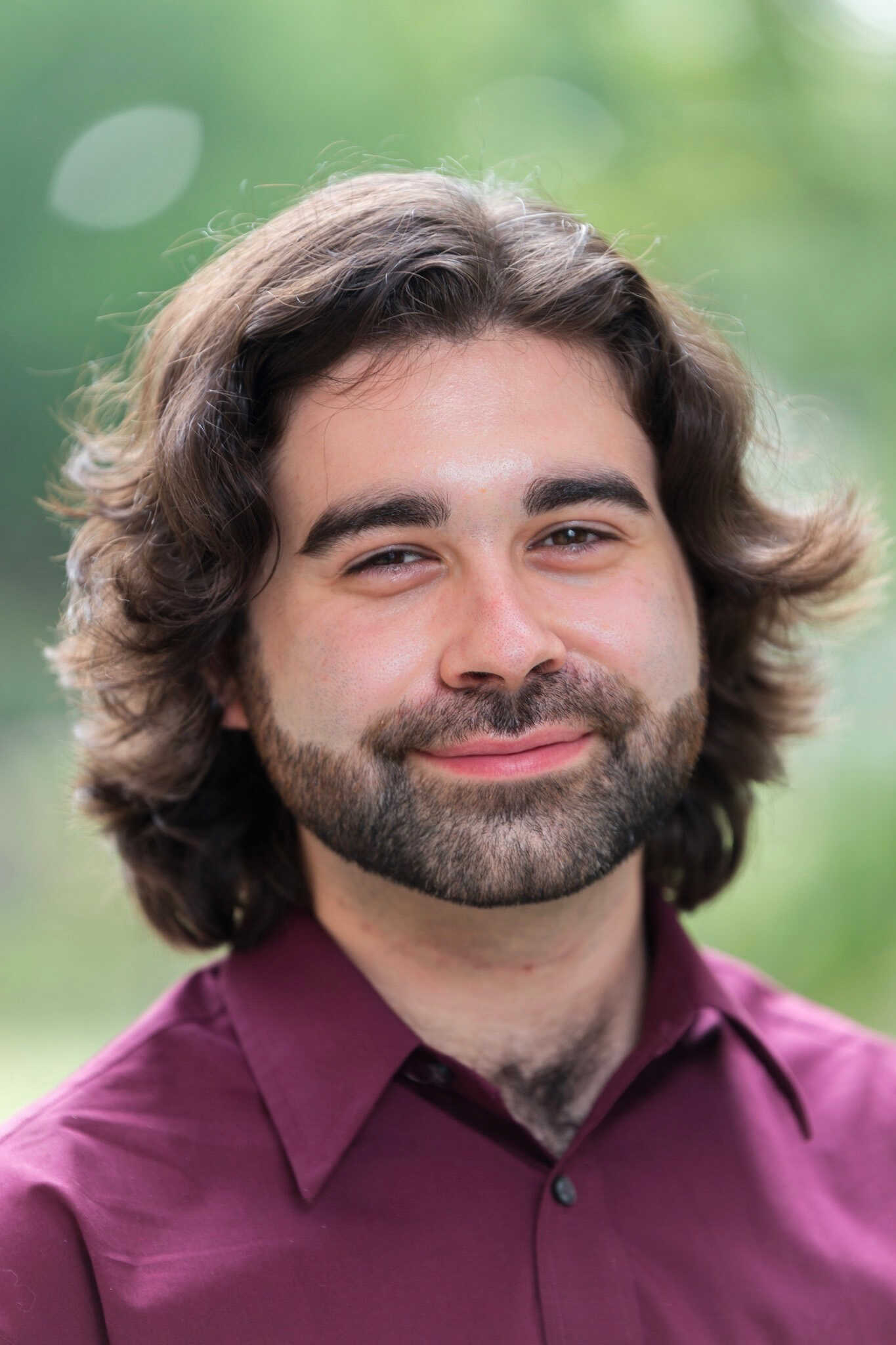People
Faculty

Chris Bail
Chris Bail is Co-Founder of SICSS and Professor of Sociology and Public Policy at Duke University where he directs the Polarization Lab. He is also affiliated with the Interdisciplinary Data Science Program, the Duke Network Analysis Center, and serves on the Advisory Council of the National Science Foundation's SBE Directorate. His research examines political polarization, culture and social psychology using tools from the field of computational social science. He is the author of Breaking the Social Media Prism: How to Make our Platforms Less Polarizing.Speakers

Suhem Parack
Suhem Parack is a Staff Developer Advocate at Twitter. He helps students and academic researchers with their research using the Twitter API. Before joining Twitter, he was a Solutions Architect at Amazon.
Justin Grimmer
Justin Grimmer is a Professor of Political Science and a Senior Fellow at the Hoover Institution at Stanford University. He co-directs the Democracy and Polarization Lab. His work examines how representation occurs in American democracy developing and using new statistical and machine learning tools. Along with Molly Roberts and Brandon Stewart, he is the author of the recently released book 'Text as Data: A New Framework for Machine Learning in the Social Sciences.'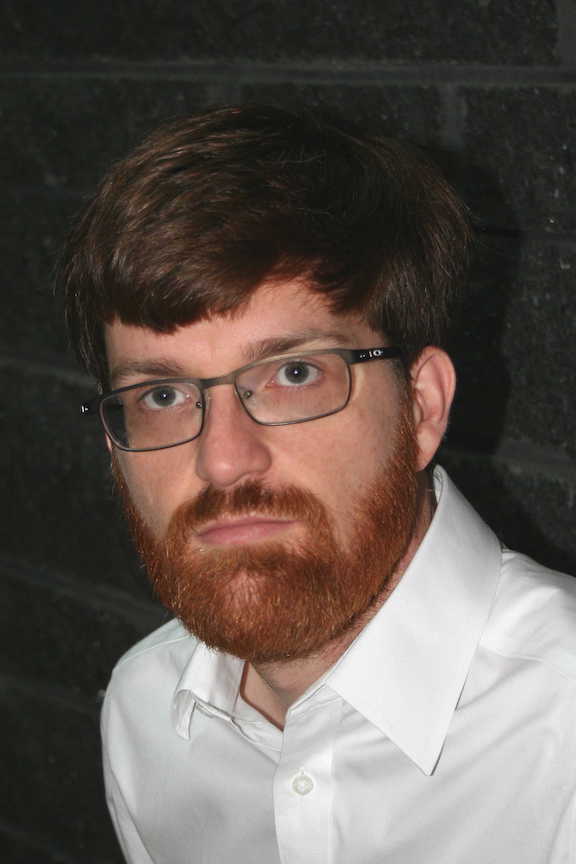
Brandon Stewart
Brandon Stewart is an Assistant Professor of Sociology at Princeton University. His work develops new statistical tools for the social sciences. He developed the Structural Topic Model—a popular approach for unsupervised text analysis—in collaboration with Molly Roberts, Dustin Tingley and Edo Airoldi. His new book with Justin Grimmer and Molly Roberts, "Text as Data: A New Framework for Machine Learning in the Social Sciences", was recently published by Princeton University Press.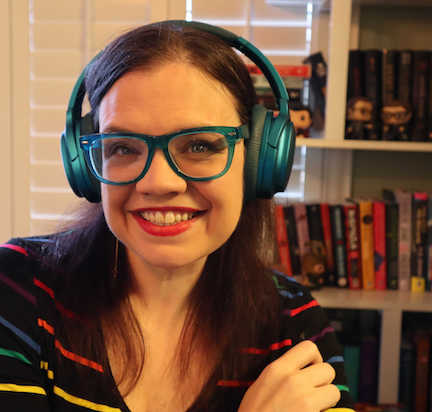
Casey Fiesler
Casey Fiesler is an assistant professor in Information Science (and Computer Science by courtesy) at University of Colorado Boulder. She researches and teaches in the areas of technology ethics, internet law and policy, and online communities. Her work on research ethics for data science, ethics education in computing, and broadening participation in computing is supported by the National Science Foundation, and she is the recipient of an NSF CAREER Award. Also a public scholar, she is a frequent commentator and speaker on topics of technology ethics and policy, and her research has been covered everywhere from The New York Times to Teen Vogue, but she's most proud of her TikToks. She holds a PhD in Human-Centered Computing from Georgia Tech and a JD from Vanderbilt Law School.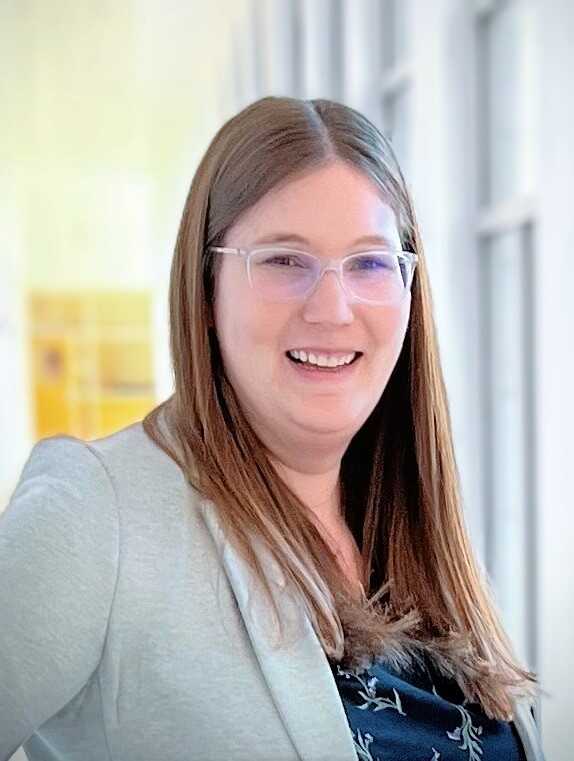
Lisa Argyle
Lisa Argyle is an Assistant Professor of Political Science at Brigham Young University, and, in 2022-23, a visiting junior faculty fellow at Washington University in St. Louis. She uses computational methods to study political psychology and public opinion in the United States. Her primary research focuses on understanding how and why people talk about politics in their daily lives, and how conversations and persuasion affect polarization.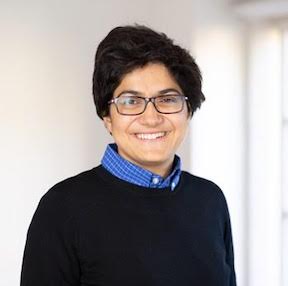
Ridhi Kashyap
Ridhi Kashyap is associate professor of social demography at the University of Oxford and professorial fellow at Nuffield College. At Oxford, she also leads the strand on digital and computational demography within the Leverhulme Centre for Demographic Science. Her research covers questions linked to mortality and health, gender inequality, marriage and family, and migration, and the implications of digital transformations on demographic and development outcomes. Beyond these substantive interests, she is also methodologically interested in the applications of new sources of data, such as those generated by the use of the internet and mobile technologies, and computational methods for population research.Teaching Assistants
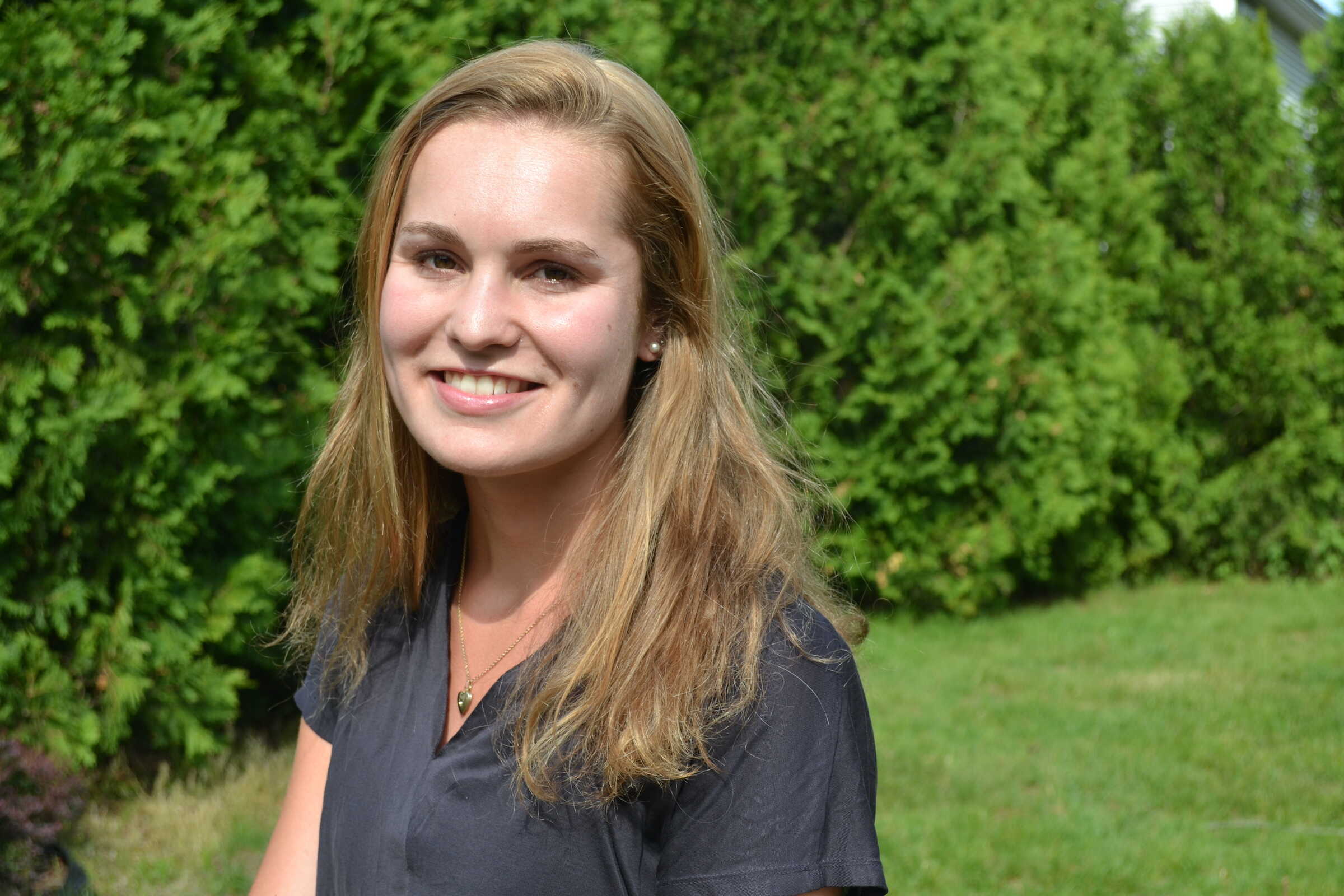
Stephanie Jordan
Stephanie Jordan is a PhD student in Sociology and Public Policy. She focuses on computational social science, and is involved with the Polarization Lab and the Sociology Department’s Computational Social Science group. At Duke, she also serves as a student government representative for the Sociology Department.Participants
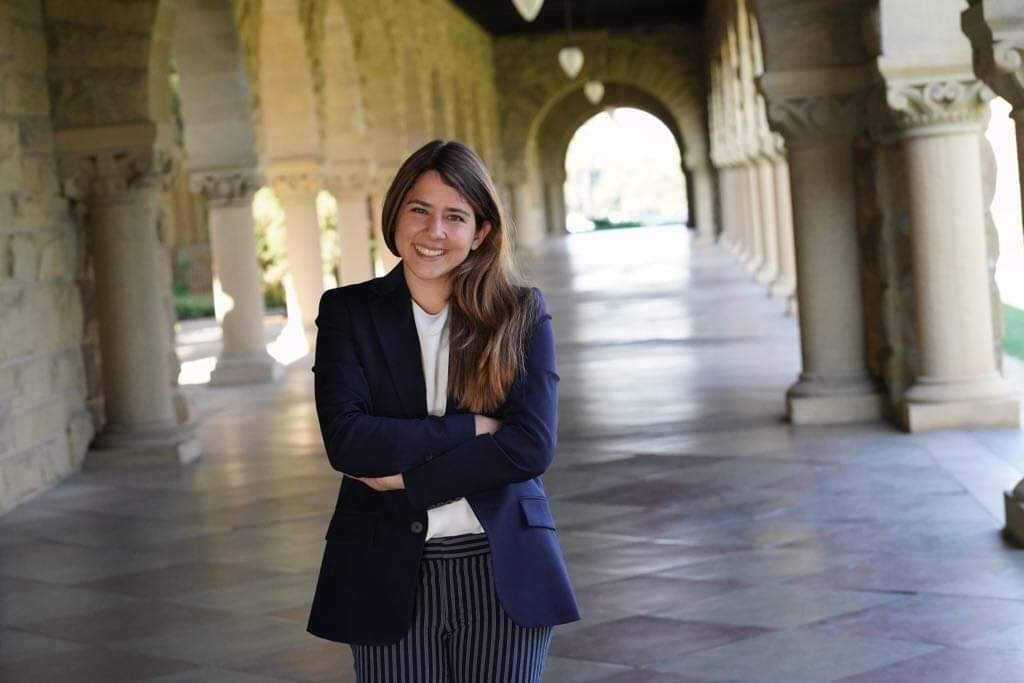
Luiza Almeida Santos
Luiza is a 4th year Psychology PhD student at the Stanford Social Neuroscience Lab. She is interested in the psychological mechanisms underlying political polarization, intergroup conflict, and attitude moralization. Her research centers on how to address empathic failures toward dissimilar others and how group memberships can influence people’s moral convictions.
Katie Spoon
Katie is a 2nd-year PhD student in Computer Science at University of Colorado Boulder and a Master’s student in Education Policy. Her research focuses on quantifying social inequalities, particularly by gender, race and socioeconomic status, in access to and retention within highly-educated jobs, such as those in academia, in the U.S.
Isabelle Langrock
Isabelle Langrock is a PhD candidate at the Annenberg School for Communication at the University of Pennsylvania. Her dissertation project identifies how trenchant gender inequalities complicate the central values of digital open knowledge projects like Wikipedia and Open Source Software and assesses the work of feminist efforts in alleviating bias in these knowledge systems.
Jack LaViolette
Jack is a PhD student in Sociology at Columbia University. He is currently working on a a disparate set of projects related to UFO sightings in the US, masculinist conspiracy theories, the history of statistical reasoning in professional basketball, and the spread of Romantic Nationalism in the long 19th century. He is particularly interested in NLP, networks, spatial analysis, and (despite currently knowing very little about it) Bayesian inference.
Sang Won Han
Sang Won Han is a Ph.D. candidate in Sociology at Columbia University. He is broadly interested in social networks, culture and cognition, and computational social sciences, and now works on his dissertation on mechanisms of political polarization among U.S. elites. He holds B.A. in Sociology and B.S. in Statistics from Korea University.
Samuel Donahue
Sam is a Ph.D. student in Sociology at Columbia University. He is currently working on an array of projects that explore how broad cultural frameworks influence the behavior of bureaucrats and the administration of social services. He is interested in networks, and natural language processing, though he is admittedly an NLP novice.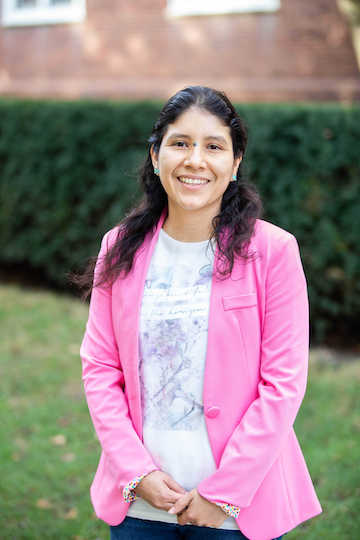
Irina Valenzuela Ramirez
Irina Valenzuela is a Ph.D. candidate in Economics at the University of Illinois Urbana-Champaign. She is an applied microeconomist with research experience in education, political economy, gender, and health economics. Her research interest is learning how information - contained in, for example, surveys, protests, and news media - can affect people's attitudes and behavior. In her current research, she is looking into the effects of a monitoring program on student performance, the impact of political corruption on political attitudes, and the impact of women's protests on gender violence.
Jack Lipei Tang
Jack Lipei Tang is a Ph.D. student (ABD) at the Annenberg School for Communication and Journalism at the University of Southern California. His research interests include computational social science, digital activism, and political communication. He earned Bachelor degrees and M.Phil. from The Chinese University of Hong Kong.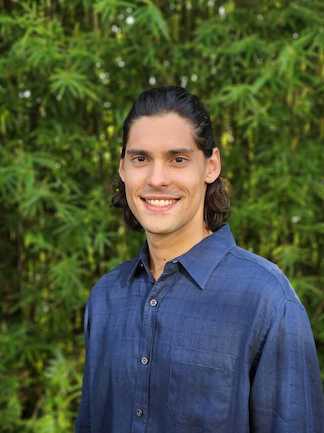
Joao Souto Maior
Joao is a PhD candidate in the Sociology of Education program at the New York University. His research investigates the formation of unequal access to educational resources, particularly along dimensions of race and class. His current work concentrates on inequalities which arise within educational institutions, with a focus on advanced enrollment disparities. His work applies different computational methods, with an emphasis on agent-based modeling techniques, to investigate the mechanisms behind the emergence of these inequalities.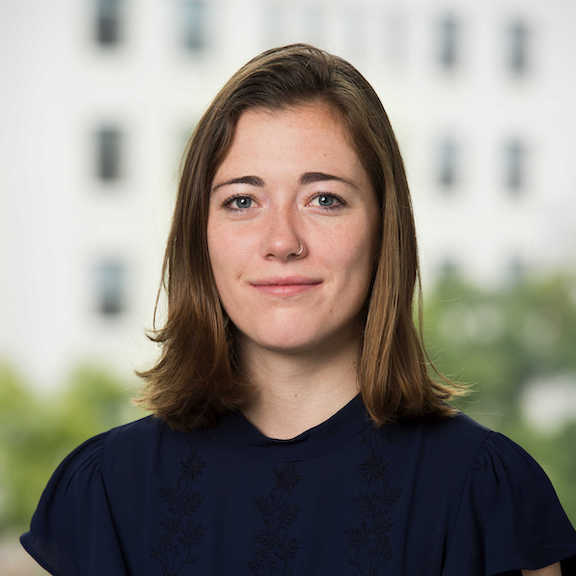
Katherine Thomas
Katherine (Kate) Thomas is a PhD student in Sociology at NYU. Kate’s research interests are in urban, racial, and spatial inequality, environmental sociology, and quantitative methods, especially computational methods and causal inference. She holds a BA in Statistics and Sociology from Rice University and previously worked at the Urban Institute.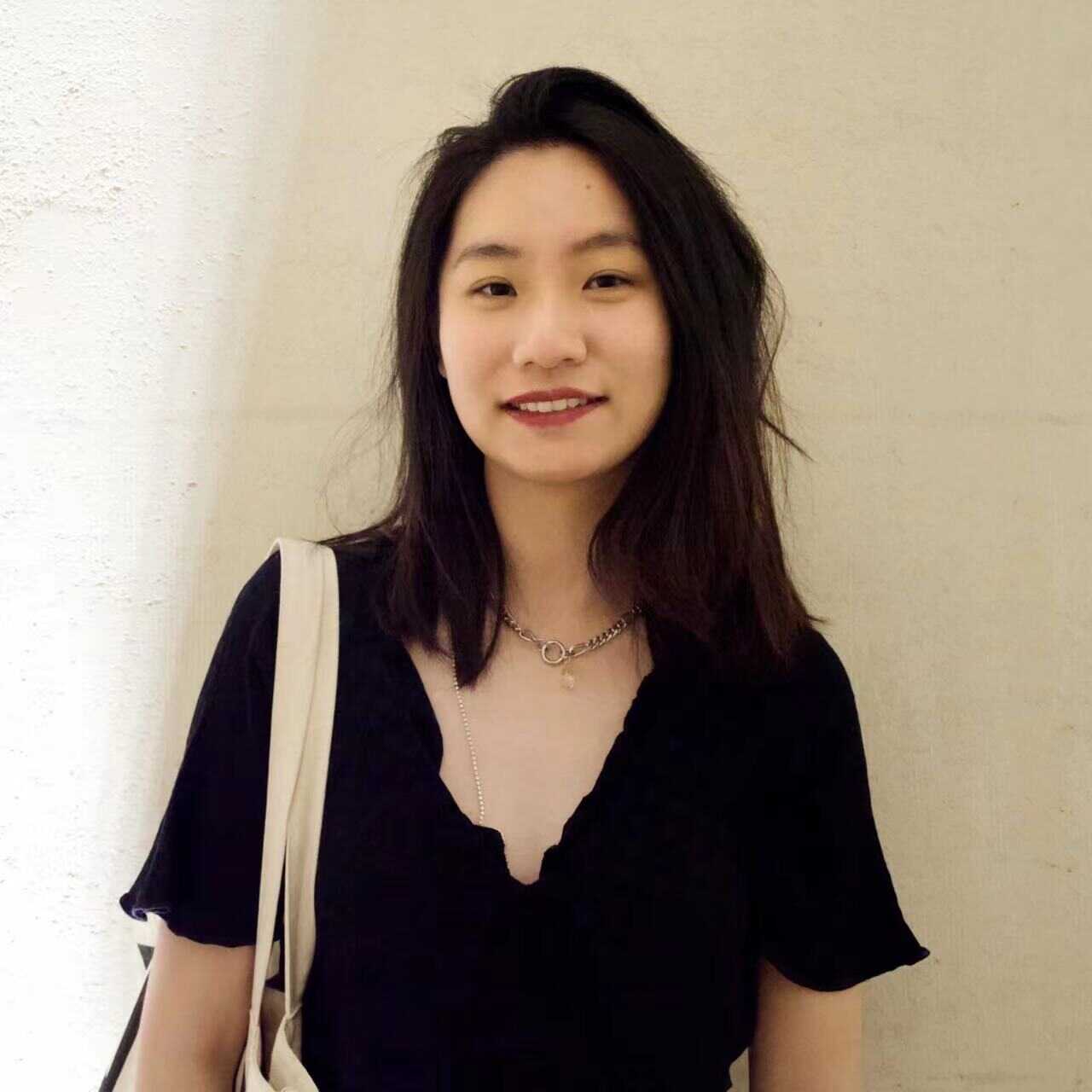
Sijia Qian
Sijia Qian (M.A., University of Utah) is a PhD student in the Department of Communication at University California, Davis. Her research interests broadly center around computational social science, misinformation, and persuasion in health and political contexts. Her current research focuses on developing and examining the effects of digital media literacy intervention on combating multimodal misinformation.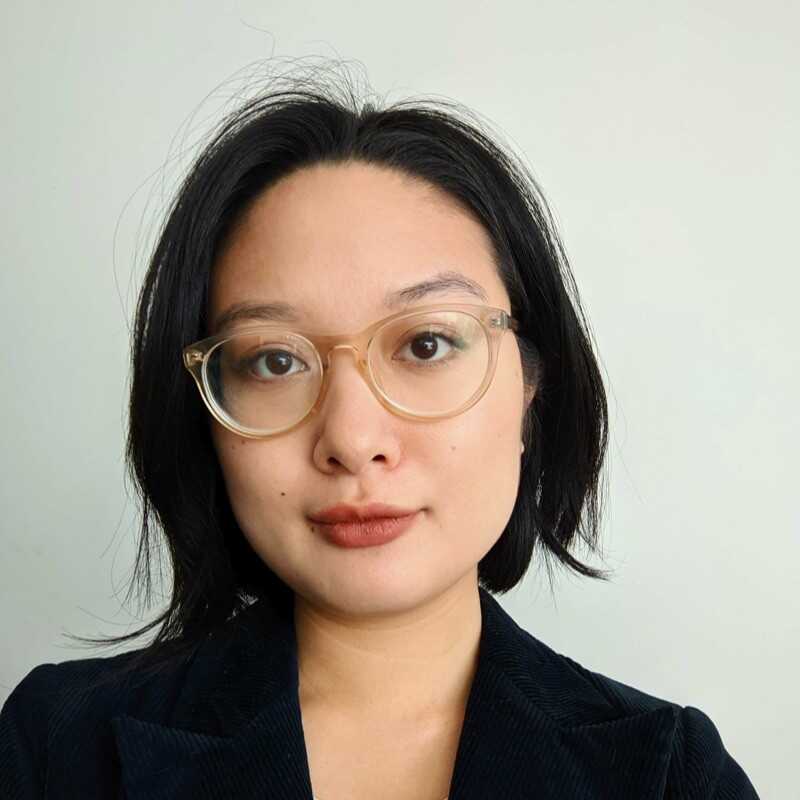
Sze Yuh Nina Wang
Nina is a PhD candidate in Social Psychology at the University of Toronto. Her work leverages techniques from natural language processing to study the ways in which moral language is deployed surrounding political and social issues.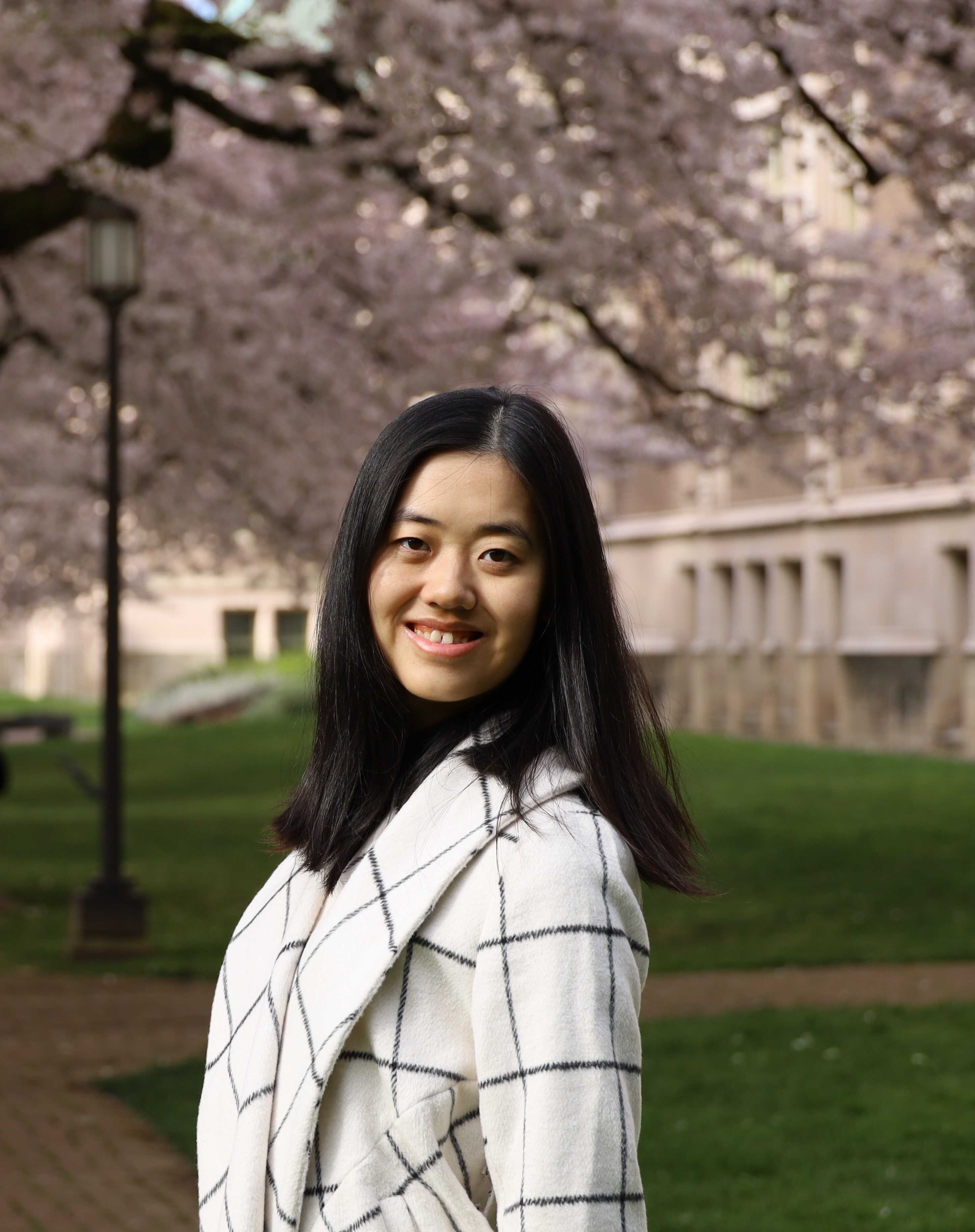
Zhang Zhang
Zhang Zhang is pursuing a PhD in Health Economics at the University of North Carolina at Chapel Hill. Her current research focuses on technology innovation for behavior change and innovative approaches to improve health service delivery. She is also interested in using quantitative modeling and applied economics for policy evaluation. She received her MSc in Health policy, Planning, and Financing from LSE & LSHTM, and dual bachelor's degrees from Peking University.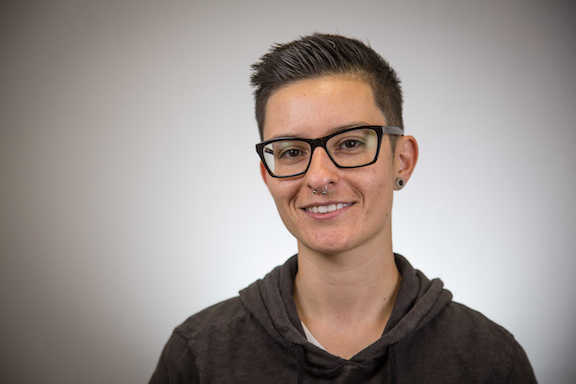
Angel Mendiola Ross
Ángel Mendiola Ross is currently a PhD student in sociology with a designated emphasis in Global Metropolitan Studies. He conducts research at the intersection of (sub)urban sociology, race and inequality, housing, and policing. They draw on computational and qualitative methods to explore contemporary mechanisms of residential segregation.
Marcelo Silva Oliveira Goncalves
Marcelo received his Bachelor’s and Master’s Degree from the University of Brasilia (Political Science). He has also received a Master’s Degree from UCSD (Development). Marcelo has served in various branches of the Brazilian government. At Duke, he plans to study social policies and their impacts on development.
Rafael Ventura
Rafael Ventura is currently a MindCORE-sponsored postdoctoral scholar in the Social and Cultural Evolution Working (SCEW) group at the University of Pennsylvania. From Fall 2018 to Fall 2019, he was Assistant Professor at Bilkent University in Ankara, Turkey. He completed his PhD at Duke University in Fall 2018.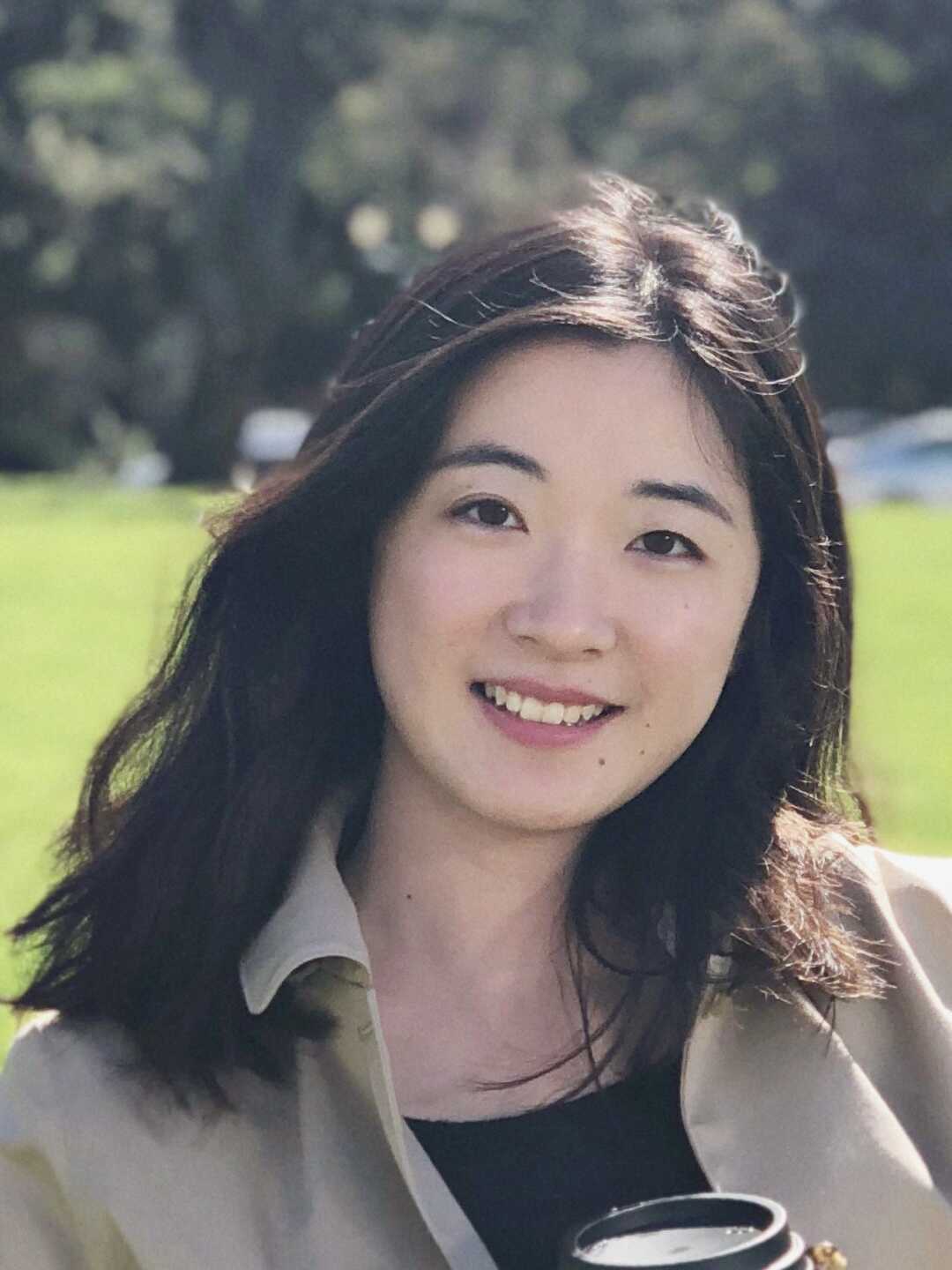
Xinran Zhu
Xinran Zhu is a Ph.D. candidate in Learning Technologies at the University of Minnesota. Her research interests include computer-supported collaborative learning, learning analytics, and network analysis. She designs technology innovations that support learning in various contexts, and applies computational methods to explore the socio-cognitive interactions in collaborative learning activities. Xinran received her MA in Educational Psychology from the University of Connecticut.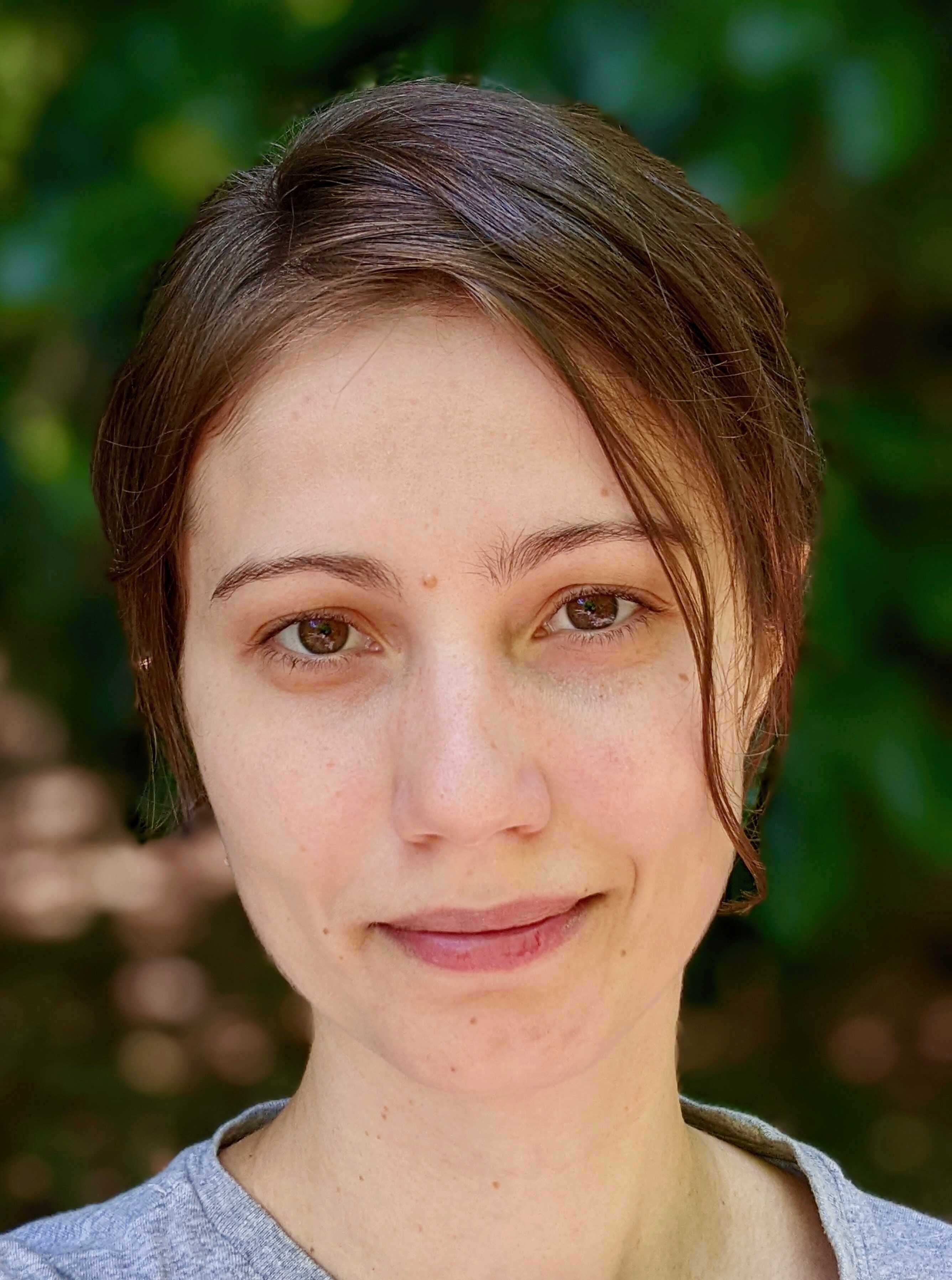
Miruna Cotet
Miruna is a PhD student in Decision Psychology at the Ohio State University. She has BSc in Psychology and Economics from University of Vienna and holds a MSc in Neuroeconomics from Maastricht University. Her research uses computational models and process data such as response times and eye movements to study social decision making. One of her current projects investigates the role of response times in bargaining using eBay data.
Mukesh Adhikari
Mukesh Adhikari is a Ph.D. student in Health Economics at the University of North Carolina. His research interests comprise exploring health insurance and health care quality in low and middle-income countries. He is keenly interested in exploring new methods of data collection and analysis in health. He received his Master of Public Health from Yale University, US, and Master of Public Administration from Purbanchal University, Nepal. He worked in the government health system of Nepal for more than seven years.